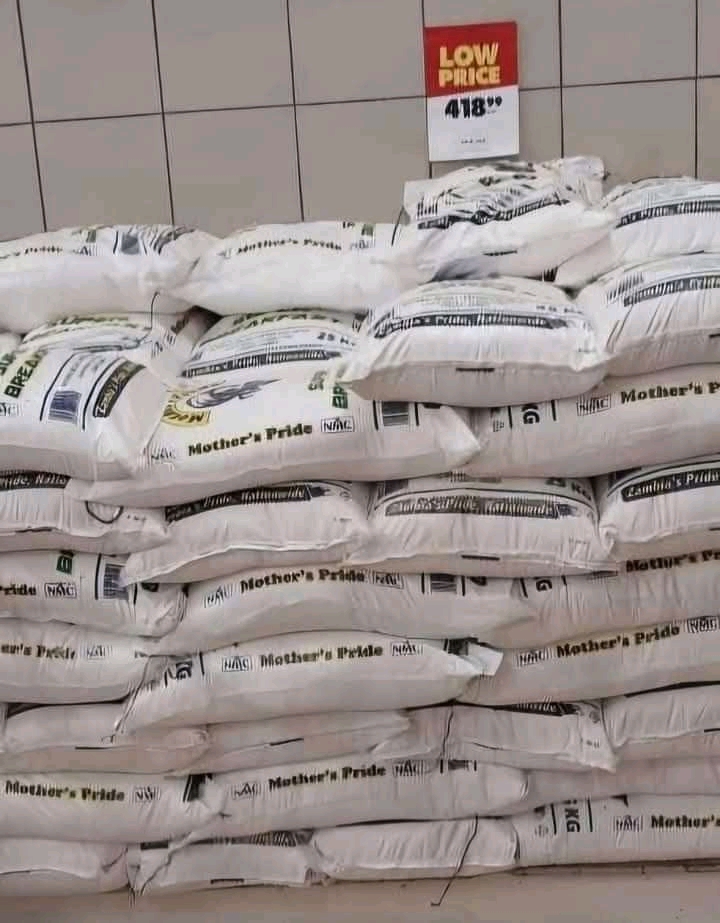Zambia’s Economy is Crushing Ordinary Citizens: Prices, Taxes, and Load Shedding Push People to the Brink.
The cost of living in Zambia has reached an alarming point, and it’s no longer just a concern—it’s a full-blown crisis. With the price of a simple cream doughnut now at K60, ordinary Zambians are struggling to keep up with the soaring costs of everything. When a small treat that once seemed affordable becomes a luxury, you know the economic situation has reached a tipping point. The price hikes aren’t just limited to food, though—they’re everywhere, and they are making life unsustainable for the majority of the population.
Fuel prices have now climbed to an eye-watering K34.67 per liter, and this increase is not just a burden for car owners; it affects every single person in Zambia. The cost of transportation has skyrocketed, causing a ripple effect that raises prices on nearly everything—from food to goods to services. Small businesses are being crippled, farmers are struggling to get their produce to markets, and the average Zambian worker is paying the price in both financial strain and emotional toll. The failure of the government to effectively address fuel price increases is a key factor in the broader economic struggles that are making survival harder for everyday citizens.
The rising price of mealie meal, the country’s staple food, is perhaps the most shocking example of just how out of control the economy has become. At K418.99 per bag, mealie meal is no longer affordable for most Zambians. This isn’t just an inconvenience; it’s a matter of survival. Families are being forced to make impossible choices, often between feeding themselves and fulfilling other basic needs. Hunger is no longer a looming threat—it’s becoming a reality, and this crisis is a direct reflection of the government’s failure to manage the economy and stabilize food prices.
Adding to the already unbearable cost of living is the persistent issue of load shedding. With inconsistent electricity supply, businesses can’t operate efficiently, schools are disrupted, and daily activities grind to a halt. This not only hinders productivity but also exacerbates the economic strain on households. Families and businesses that are already stretched thin are now forced to deal with the added burden of frequent blackouts, which directly impact their ability to work, study, or even relax at home.
As if all of this weren’t enough, the Zambia Revenue Authority (ZRA) has introduced new taxes that further deepen the financial burden on the people. These new levies disproportionately affect the working class and small businesses, exacerbating the already dire situation. The timing couldn’t be worse. Instead of implementing policies that promote growth and relief for ordinary citizens, the government has chosen to burden them further, without addressing the root causes of inflation or providing any significant solutions.
Zambians are being squeezed from all sides. With rising fuel prices, exorbitant food costs, unreliable electricity, and new taxes, survival has become an almost impossible task for the average citizen. It’s clear that the economic system is failing, and ordinary Zambians are paying the price for a series of poorly managed decisions and misplaced priorities. This isn’t just an inconvenience; it’s a matter of basic human dignity, as families struggle to make ends meet in a country that should be offering them more opportunities, not more obstacles.
The question now is: where is the leadership? The government’s response to this crisis has been painfully inadequate. Empty promises and ineffective measures are no longer enough. The people of Zambia deserve leaders who understand their struggles, who prioritize their needs, and who will act decisively to stabilize the economy. The current trajectory is unsustainable, and without urgent intervention, the gap between the elite and the average Zambian will continue to widen, leaving the most vulnerable even further behind. The time for change is now, and it’s up to the government to listen to the people and take action before it’s too late.
KUMWESU JAN 5, 2025
